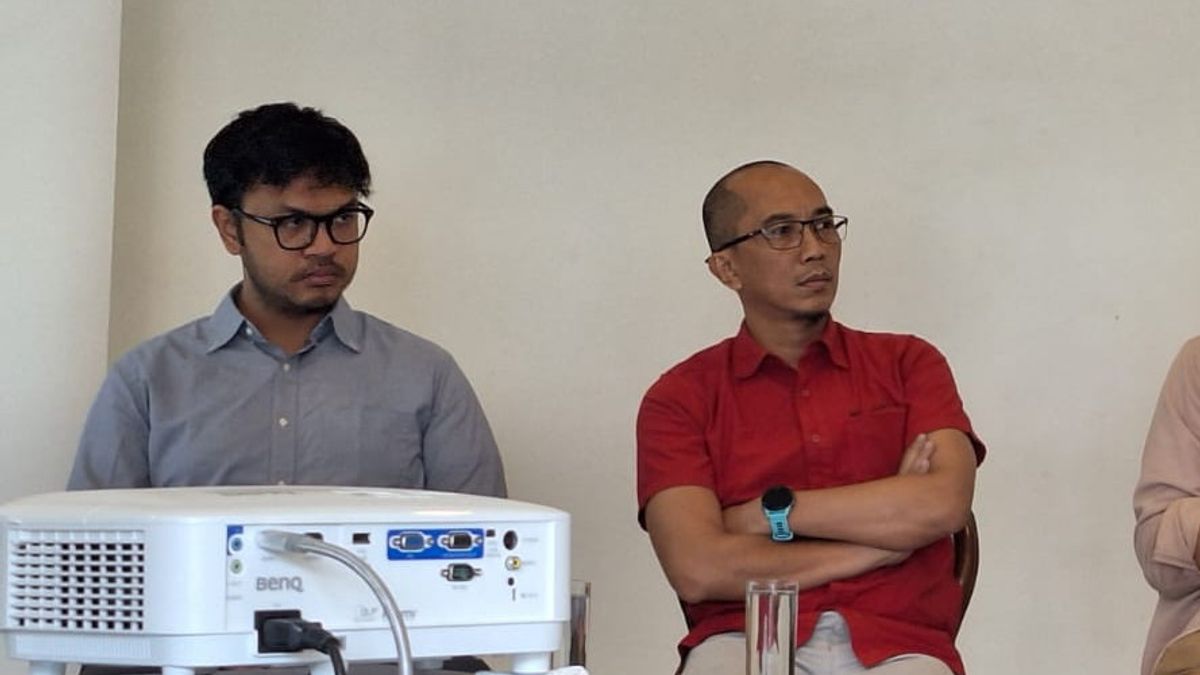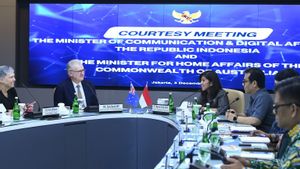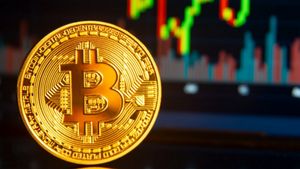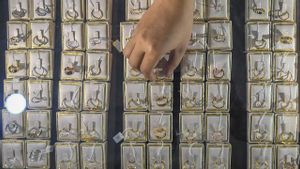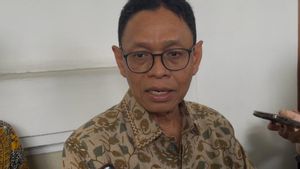JAKARTA - Until now, the government is still urging Apple to invest US$1 billion or equivalent to Rp15.8 trillion, in order to sell its newest line of iPhone 16 series products in Indonesia.
The main reason why the iPhone 16 series cannot be legally traded in Indonesia is because of the obstacles to the Domestic Component Level (TKDN) which has not met the 40% requirements.
But unfortunately, the Economist of the Institute for Economic and Community Research (LPEM) of the Faculty of Economics and Business (FEB) of the University of Indonesia, Teuku Rifki, believes that the TKDN policy in Indonesia is less effective in increasing domestic competitiveness.
According to him, the TKDN policy in Indonesia tends to be by force or coercion, not through market mechanisms, so as to create distortions in the global value chain.
"If the iPhone is sold in Vietnam, in Singapore, in Malaysia, in Taiwan, the level of domestic components can be high, not because of the TKDN policy. But indeed because their components have competitiveness, they can increase," said Rifki in the Selular Business Forum (SBF) discussion "Conceiving Profits of Prohibition of iPhone 16 for the Community and State" on Thursday, December 5 in Jakarta.
In addition, the second reason why Apple is still considering its investment in Indonesia is because according to him, regulations and legal certainty in Indonesia are still unclear.
In comparison, Rifki explained that countries such as Vietnam have succeeded in attracting large investments from Apple thanks to bureaucratic efficiency, more competitive labor, and stable legal certainty.
This shows that the attractiveness of investment is not solely based on the size of the domestic market, but also on a supportive business ecosystem.
SEE ALSO:
"So the Permendag has changed, if I'm not mistaken, 4 times in 3 months. Imagine Apple investing here, I don't know next month whether they can import the materials they need or not, and that's very costy for business," he explained.
Rifki added that Apple and other global companies are profit-oriented business entities, not political entities.
"So imagine if (you) become Apple, an investor, really don't make sense for investment in Indonesia," he concluded.
The English, Chinese, Japanese, Arabic, and French versions are automatically generated by the AI. So there may still be inaccuracies in translating, please always see Indonesian as our main language. (system supported by DigitalSiber.id)
